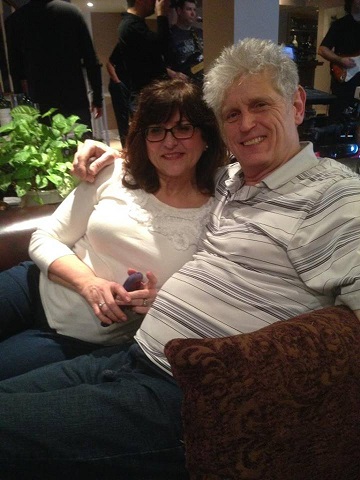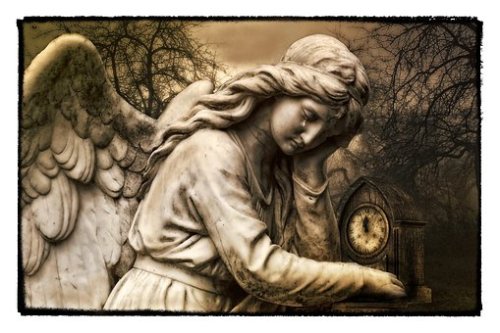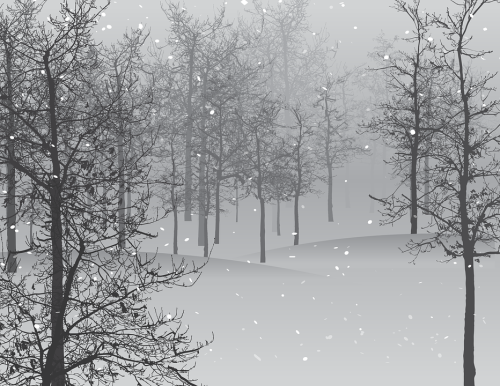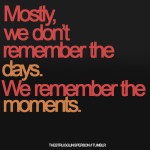Today, this headline came up in my news feed.
“Respected Canadian charity founder sexually abused 6 women.”
I am still trying to process my thoughts.
Nearly twenty years ago, I wrote about his influence in my life. It may help you understand the magnitude of the feelings I’m experiencing today.
ON MEETING JEAN VANIER
He was middle-aged when I met him, a tall man whose gentle stoop suggested humility, a willingness to greet those smaller than himself eye to eye.
It was 1969, and I was a high school senior, a combination of rah-rah-rah spirit and hippy heart. I was active on student council at a Catholic girls’ school. The nuns who ran it were progressive-minded by the standards of the day; they believed in exposing their students to special people.
The most special of these was Jean Vanier.
I knew little about him, except that his father had been the Governor General for Canada twenty years earlier, and his mother was loved and respected for her charitable works. I knew the family was wealthy; that Jean Vanier had been schooled in the finest schools in Europe, and wanted for nothing in his youth.
I also knew he had given it all up.
I greeted him on the stage before the curtain opened to the auditorium, and to this day I will tell anyone willing to listen that there was a glow around him, a presence of such goodness that I felt I’d been thunderstruck. We shook hands, and in that second I felt I would have followed him anywhere.
The curtains opened, and he began to speak.
Have you ever listened to someone who chooses his words so carefully, who speaks so gently and slowly that you are entranced? That is what it was like to listen to him. Nine hundred students sat perfectly still, mesmerized by a middle-aged man in a old tweed jacket, its elbows patched and the patches worn. For over an hour, we listened, enraptured by the goodness that emanated from him.
What did he speak of? Dignity: the dignity that lies within each person, no matter what their lot in life, no matter what their intelligence, their economic status, their appearance. The fact that everyone, as a creation of God, is worthy of respect.
Years earlier, he’d been a seminarian, then left. While on the brink of starting life as a wealthy entrepreneur, he had visited a small part of France and learned of mentally handicapped adults who had been abandoned, some at birth, and were now housed with the criminally insane. In that second, he told us, he knew his calling.
He used his money to start a community for them to live, a community called “L’Arche” in France, a take on Noah’s ark. The community was meant to foster dignity among these people who’d been cast aside by society. They worked independently, much like a members of a commune. Some were responsible for growing crops; others tended the animals. Some did the laundry for the community; others cooked or cleaned. Gradually, volunteers came to help, and people who once were treated as nothing found a sense of purpose and a reason to smile.
All the time, Jean Vanier worked there, no better than any of the other people who helped. Those living in the community called him “Father.”
By the time he came to speak to us, other “L’Arche” communities were beginning to spring up around the world. One just outside of Toronto was founded over thirty years ago. There are now over one hundred world-wide.
He never married, nor wavered in his efforts to instill dignity in people forgotten by others.
I doubt I’ll ever meet anyone again who’s as close to being a living saint. Meeting him and listening to him speak that day changed me. It made me question my own response to people. I worked to become more compassionate, more determined to find the worth and respect the dignity in all people. When I became a teacher, and my patience was tested by the most challenging of my students, his words echoed in my mind. Over time, I felt them.
Occasionally, Jean Vanier makes a public appearance for a rare speaking engagement. If you ever have the chance to hear him, go. It may change your life too.
~~~~~~~~~~~~~~~~~~~~~~~~~~~~~~~~~~~~~~~~~~~~~~~~~~~~~~~~~~~~~~~~~~~~~~~~~~~~
So how do I feel? Shell-shocked. Saddened. Disillusioned. Angry. Disappointed. How could he appear so saintly, when just a year later, he sexually abused his first victim? And even more so, I wonder this. Was the “aura” and goodness he seemed to emanate the very tools that made these women more vulnerable to him? If I had ever been part of his world, would I have been so mesmerized that I could have been manipulated and become a victim too? And finally, how many other women are thinking these same thoughts today?

 Yesterday I watched a young woman on Facebook suffer ridicule because she expressed genuine fear over a number of changes that have already been mandated by the new POTUS. She was articulate and measured in her speech. She did not criticize or name call, but simply asked one woman, a life coach/mentor, for advice in dealing with the anxiety she was feeling.
Yesterday I watched a young woman on Facebook suffer ridicule because she expressed genuine fear over a number of changes that have already been mandated by the new POTUS. She was articulate and measured in her speech. She did not criticize or name call, but simply asked one woman, a life coach/mentor, for advice in dealing with the anxiety she was feeling. Eighteen months with no writing. Eighteen months with very little talking, in fact. The words just aren’t always there when I need them.
Eighteen months with no writing. Eighteen months with very little talking, in fact. The words just aren’t always there when I need them.


